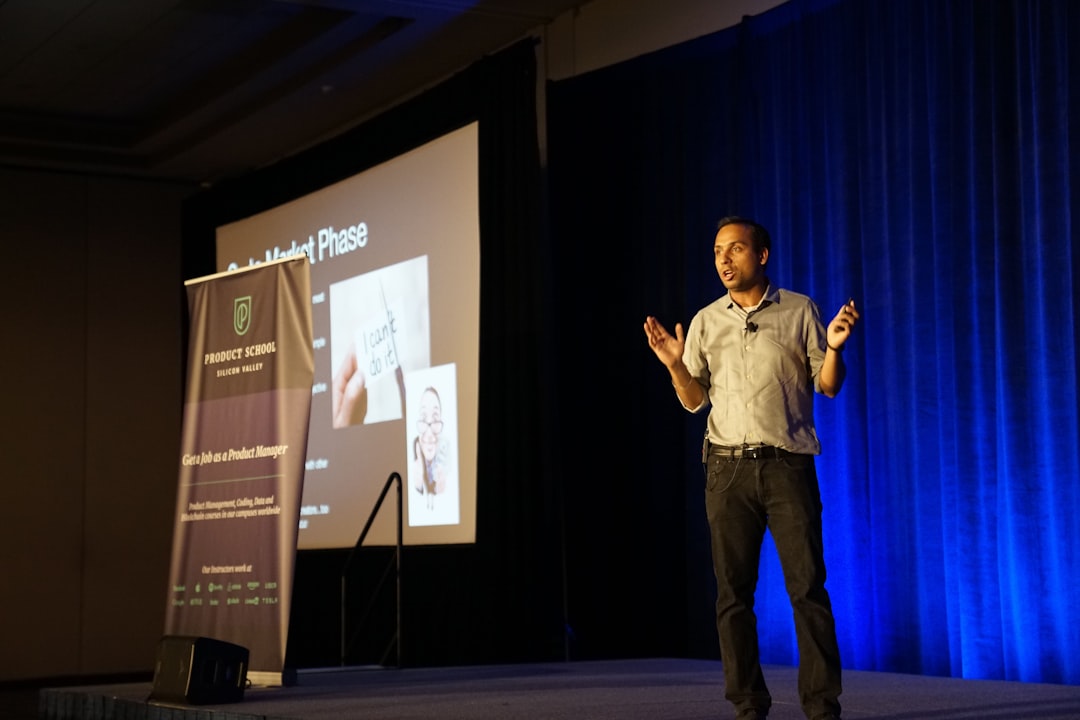Mastering the Art of Conference Planning: A Guide to Success
Conference planning is both an art and a science, requiring meticulous attention to detail, creativity, and strategic thinking. From selecting the perfect venue to coordinating speakers and managing logistics, there are countless elements that go into creating a successful conference.
The first step in conference planning is defining the objectives of the event. Whether it’s a professional conference, trade show, or industry summit, clearly outlining the goals and target audience will help guide all subsequent decisions. Understanding the purpose of the conference will also inform key elements such as theme, agenda, and overall design.
Once the objectives are set, the next crucial aspect is selecting the right venue. The venue sets the tone for the entire event and can greatly impact attendee experience. Factors to consider when choosing a venue include location, capacity, amenities, and budget. It’s important to visit potential venues in person to ensure they meet the needs of the conference and align with the desired atmosphere.
After securing the venue, the next step is to curate a compelling program. This involves identifying and inviting speakers, planning sessions and workshops, and creating a schedule that balances educational content with networking opportunities. Engaging speakers who are experts in their field and can offer valuable insights will help attract attendees and ensure a successful conference.
Logistics play a critical role in conference planning, from registration and ticketing to audiovisual setup and catering. Coordinating these details requires strong organizational skills and the ability to multitask effectively. Creating a comprehensive timeline and checklist can help keep everything on track and ensure that nothing falls through the cracks.
Promotion is key to driving attendance and generating buzz around the conference. Utilizing a mix of marketing channels, such as social media, email campaigns, and partnerships, can help reach a wider audience and increase registration numbers. Offering early bird discounts, special promotions, and exclusive content can also incentivize potential attendees to sign up.
On the day of the conference, effective execution is essential to delivering a seamless experience for attendees. Having a dedicated team on-site to manage logistics, troubleshoot issues, and provide support can help ensure everything runs smoothly. It’s also important to gather feedback from attendees post-event to evaluate the success of the conference and identify areas for improvement.
In conclusion, conference planning requires a combination of creativity, organization, and attention to detail. By carefully considering every aspect of the event, from objectives and venue selection to program development and promotion, conference planners can create memorable and impactful experiences for attendees. Mastering the art of conference planning takes time and practice, but with dedication and passion, anyone can become a successful conference planner.

